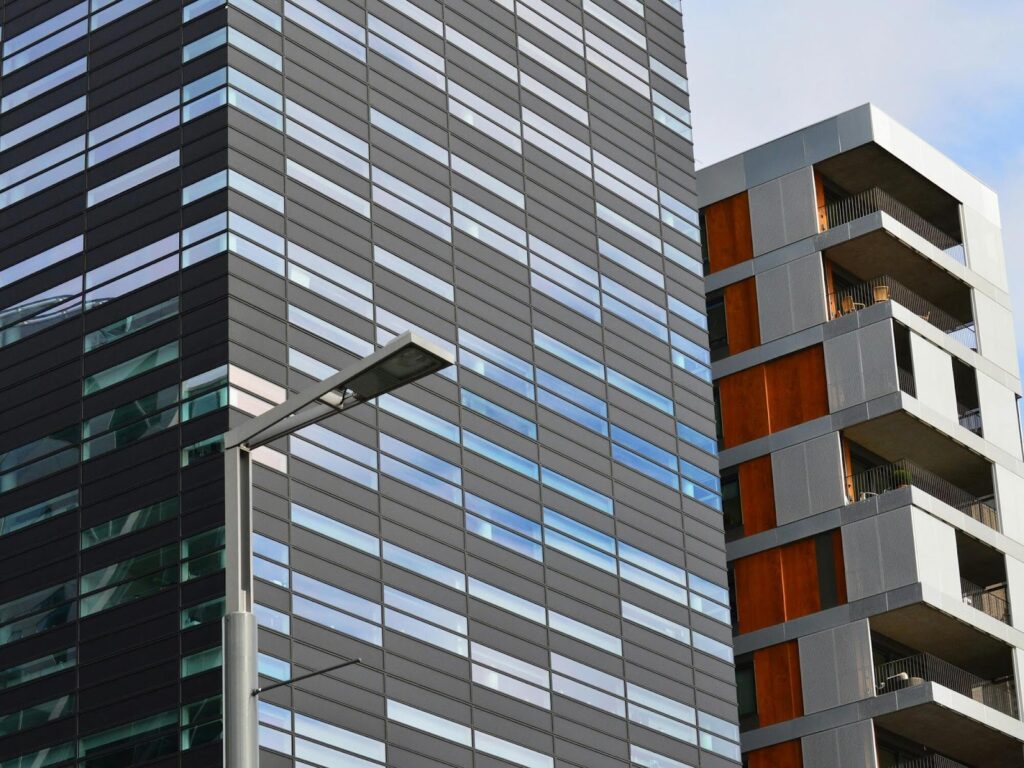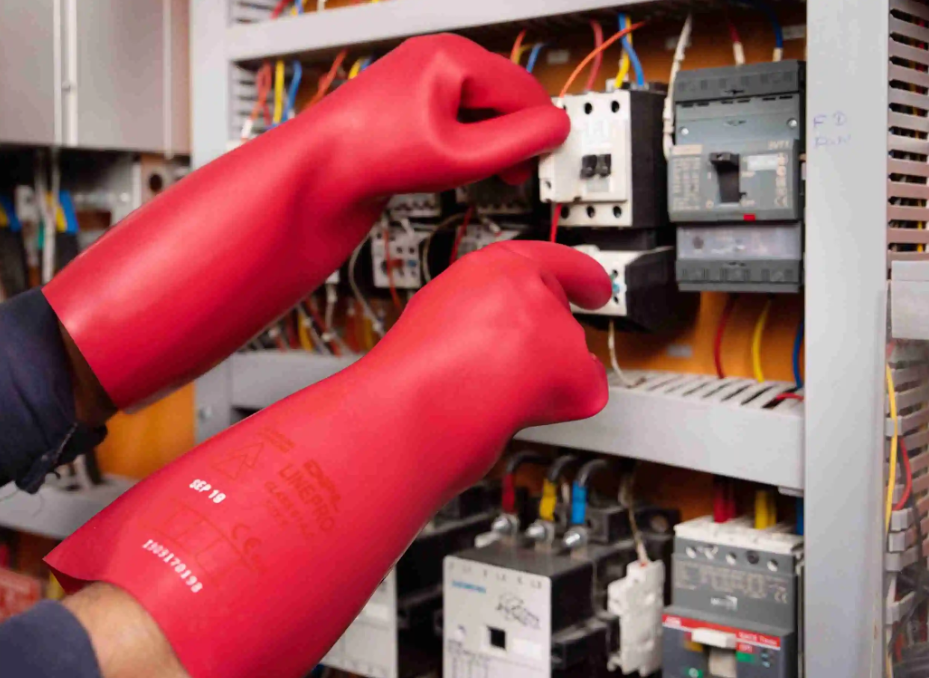When it comes to property management, understanding the nuances of maintaining residential and commercial spaces is crucial. Effective upkeep not only preserves a building’s aesthetic appeal but also enhances its overall functionality and safety. With the right strategies in place, C&C Property Management specialists says that property owners can increase the longevity of their investments while providing a pleasant environment for occupants. In this guide, we will explore six facts that highlight the importance of maintaining commercial buildings.
1. Outsourcing Maintenance Services Can Be Beneficial
While some property owners may opt to handle maintenance tasks personally, outsourcing these services to professionals often yields greater benefits. Engaging specialists in facility maintenance ensures that a property is managed by a team of trained and experienced professionals adept in various areas, including plumbing, electrical work, landscaping, and janitorial services. By outsourcing maintenance, property owners save time and relieve the burden of managing tasks, ensuring experts promptly and effectively handle issues.
Furthermore, property management companies often have strong vendor relationships, allowing them to negotiate competitive prices for essential maintenance materials and equipment. This strategic approach boosts efficiency and preserves the property’s overall quality, enabling property owners to focus on other aspects of their investments.
2. Regular Maintenance Saves Costs
A regular maintenance schedule is essential for property owners to avoid unexpected costs and extensive repairs. By conducting routine inspections and addressing minor issues before they escalate, owners can significantly reduce the risk of major problems arising, which often incur higher repair expenses. For instance, if left unattended, a simple plumbing leak can lead to water damage, mold growth, and structural issues that may require costly remediation.
Moreover, regular maintenance can enhance energy efficiency by optimally ensuring heating, ventilation, and air conditioning (HVAC) function, ultimately lowering utility bills. Furthermore, maintaining the exterior of the property, including the roof, gutters, and landscaping, not only prevents deterioration but also makes a lasting impression on tenants and customers, contributing to a positive reputation and higher occupancy rates.
3. Safety & Compliance Standards Must Be Met
Ensuring that safety and compliance standards are met is vital for any commercial property. Regulations set minimum requirements for health and safety, like fire codes, electrical safety, and ADA accessibility standards. Property owners should regularly inspect for hazards, such as faulty wiring or non-compliant exits. Ignoring these regulations can lead to fines, legal issues, and, most importantly, compromised occupant safety.
Furthermore, ensuring compliance shields property owners from legal consequences and creates a safe environment for tenants and employees, boosting the establishment’s reputation. By adopting a proactive safety strategy and maintaining transparent communication about compliance initiatives, property owners can reassure tenants and customers that their well-being is a top priority. This approach fosters trust and enhances overall satisfaction.
4. Tenant Satisfaction is Key to a Successful Property
In the competitive real estate market, tenant satisfaction is crucial for property owners to attract and retain tenants. Maintaining a clean, functional, and safe environment is an essential factor that influences tenant satisfaction. When tenants feel well-cared for, and their needs are met promptly, they are more likely to renew their lease agreements and recommend the property to others.
Additionally, by addressing maintenance issues in a timely manner, property owners can prevent disruptions to commercial tenants’ business operations, ensuring minimal downtime and increased productivity. B properties can secure reliable long-term occupants by prioritizing tenant satisfaction through effective maintenance practices, reducing vacancy rates, and increasing revenue.
5. Energy Efficiency Can Be Improved with Maintenance
As mentioned earlier, regular maintenance can enhance energy efficiency and reduce utility costs. HVAC systems typically consume a significant portion of the property’s energy in commercial buildings. Therefore, conducting routine inspections, regularly cleaning filters, and replacing faulty components is crucial to ensure optimal performance.
Additionally, when necessary, investing in modern and energy-efficient equipment can significantly contribute to long-term cost savings. For instance, replacing old lighting fixtures with LED lights can lower electricity bills and reduce maintenance needs due to their longer lifespan.
6. A Proactive Approach Can Prevent Disasters
In property management, being proactive is always better than being reactive. BPropertyowners can prevent disasters such as floods, fires, and electrical failures. By conducting regular inspections and addressing potential issues before they escalate
For instance, it is essential to inspect the roof regularly to identify any potential leaks or damage that may lead to extensive water damage if not addressed promptly. Additionally, investing in preventive measures such as a lightning or fire suppression system can significantly reduce the risk of disaster and safeguard the building and its occupants.
Maintaining properties and commercial buildings goes beyond preserving structures; it’s about ensuring a safe, efficient, and welcoming environment for everyone. Property owners can protect their investments by adopting a comprehensive maintenance strategy while enhancing experiences for tenants and visitors. As property management evolves, staying informed and proactive is key to long-term success. Prioritizing maintenance shows a commitment to quality and responsibility, benefiting the community and contributing to overall prosperity.






